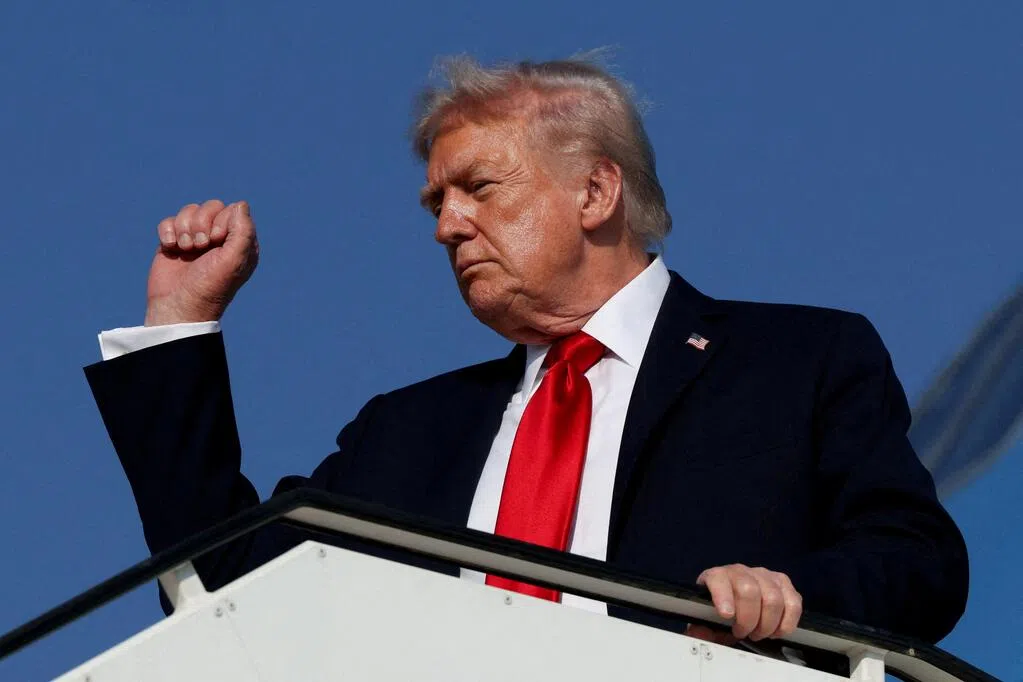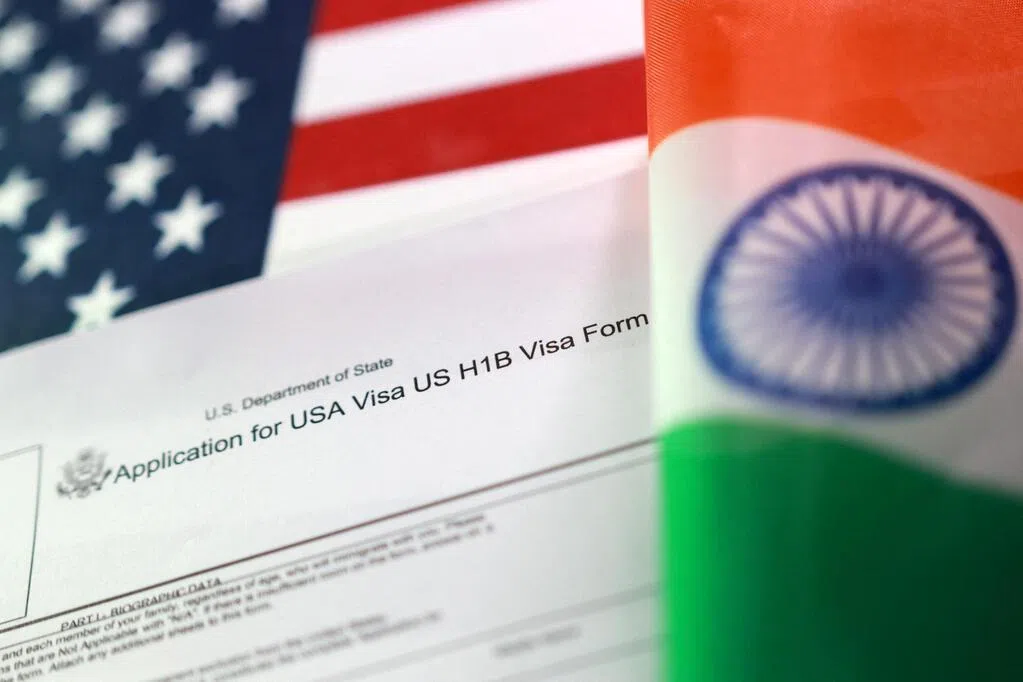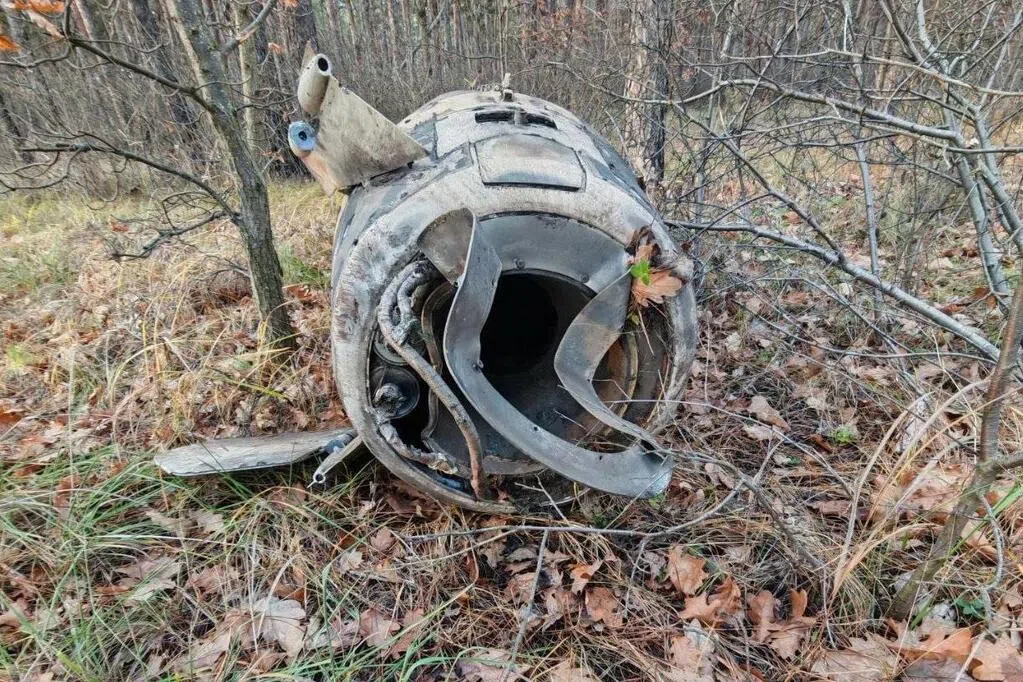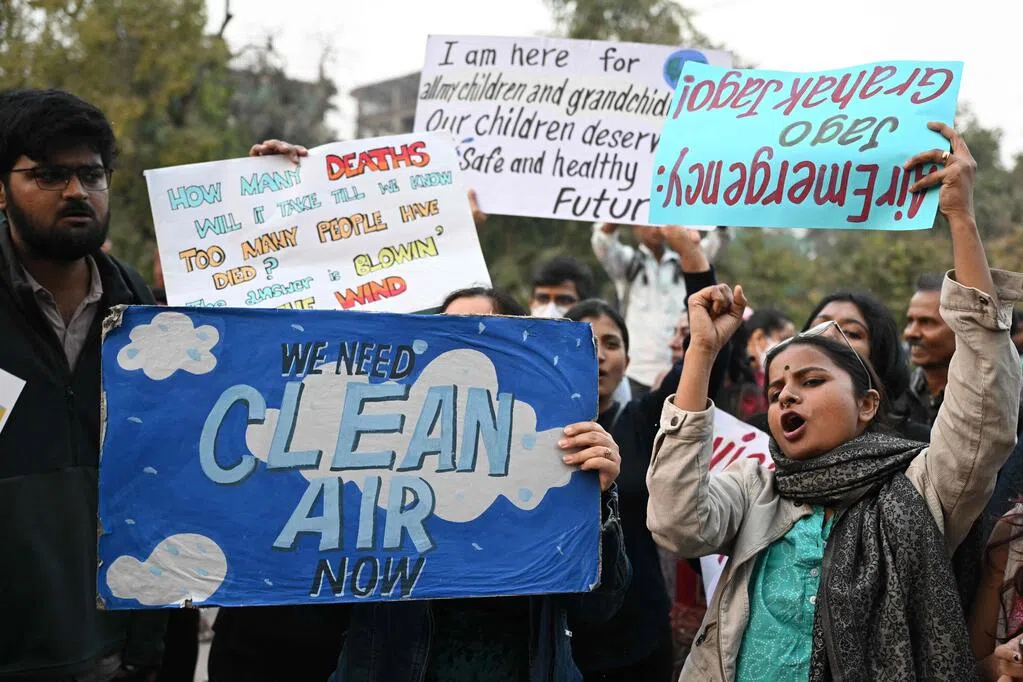(Bloomberg, Washington) U.S. President Donald Trump indicated that skilled immigrants should be allowed into the United States to support the expansion of advanced manufacturing.
Trump attended the U.S.-Saudi Arabia Investment Forum in Washington on Wednesday (November 19). Despite opposition from conservative supporters, he publicly expressed his welcome for highly skilled immigrants.
Trump specifically emphasized the labor needs of newly built U.S. factories, such as TSMC's factory in Arizona. "You can't invest billions of dollars to build a large chip factory in Arizona and then expect to hire unemployed people to run it. These factories need to bring in thousands of skilled workers, and I would welcome those people."
Supporters of highly skilled immigration policies argue that the Trump administration has not put this into practice.
A raid on a battery factory in Georgia in September resulted in the detention of hundreds of South Korean employees. This incident strained U.S.-South Korea relations and drew criticism, with concerns that restrictive immigration policies could deter foreign investors, which the Trump administration relies on to revitalize U.S. manufacturing.
Further Reading


In September, Trump also announced that the fee for companies to apply for H-1B visas for their employees must be increased to $100,000 (approximately S$130,000). Jensen Huang, CEO of US chip giant Nvidia, has publicly warned that such restrictions would weaken the tech industry's ability to recruit talent in the US.
Despite this, Trump still acknowledges the necessity of attracting skilled workers. At the US-Saudi Arabia Investment Forum, he admitted that his ideas for attracting skilled workers might face opposition from his conservative base, but emphasized that such policies are "the real 'Make America Great Again'."
Trump also envisions bringing in overseas workers to train a new generation of Americans in cutting-edge technologies. "If we need to bring in talent to run factories, we support it, and we hope that these talents can teach our employees how to manufacture computer chips and other products."
The Trump administration's increasingly stringent immigration policies, coupled with harsher deportation measures implemented this year, have made it difficult for economists to assess the potential impact on the labor market.
A report released Wednesday by the Federal Reserve Bank of San Francisco estimated that net immigration to the US this year will drop sharply to approximately 515,000, far below last year's approximately 2 million; it is projected that more than 280,000 immigrants will be deported from the US this year. Researchers at the Federal Reserve Bank of San Francisco pointed out that the downward trend in U.S. immigration data this year is worrying, and that U.S. labor force growth may slow or even turn negative in the coming years; over the next 15 years, the growth of the U.S. working-age population is expected to slow. These two major changes will have a significant impact on economic growth.



